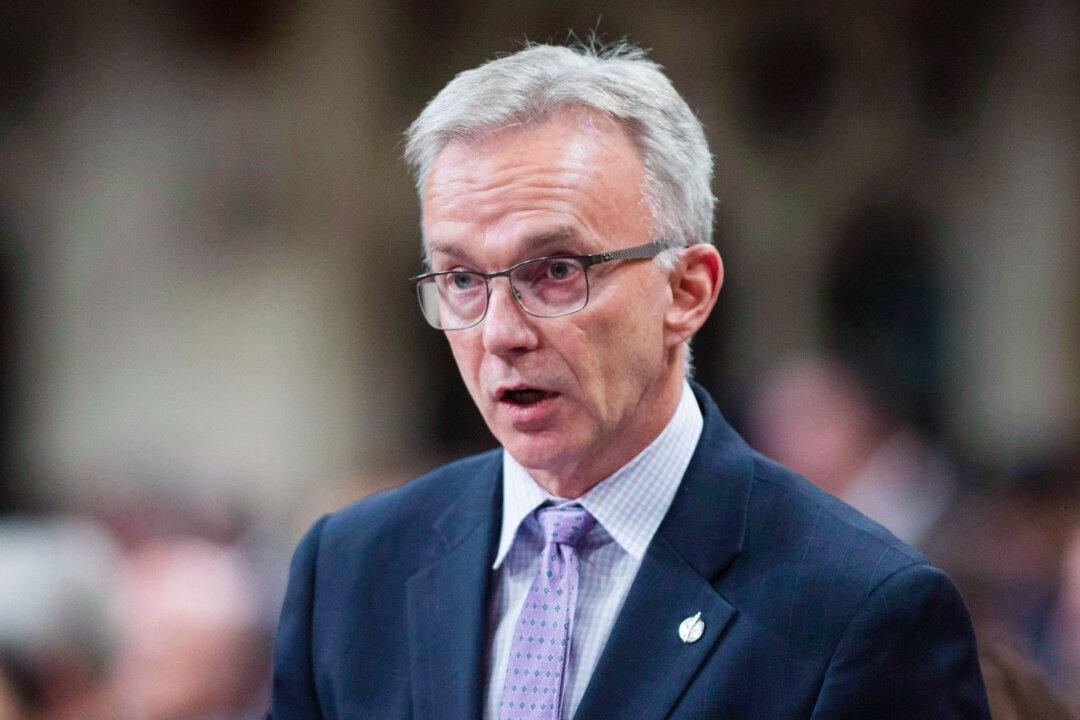Liberal MPs who had publicly voiced their preference for a leadership change in their party said they are disappointed Prime Minister Justin Trudeau did not reflect longer on his future after a tense caucus meeting this week.
Some MPs made the case at the Oct. 23 meeting that Trudeau should move aside to improve the party’s fortunes at the next election. He was given until Oct. 28 to reflect on what he heard at the caucus meeting and come back with an answer.





